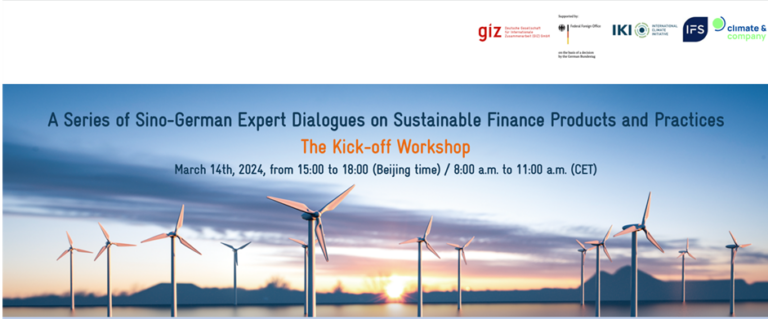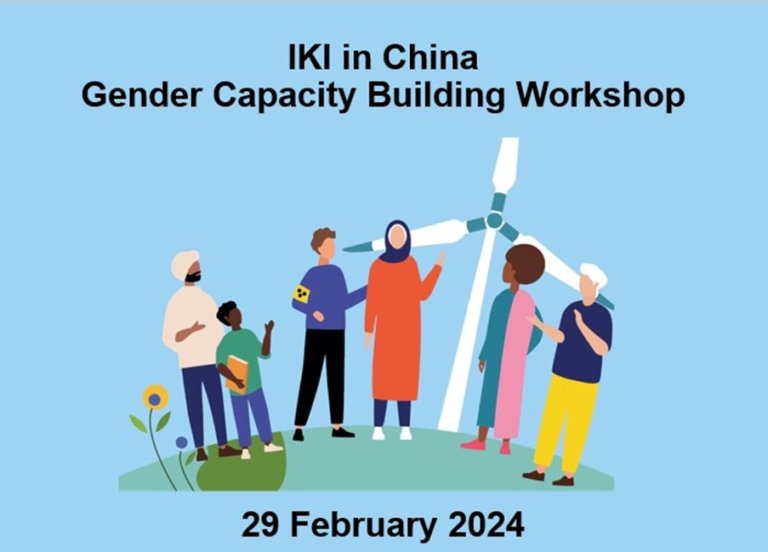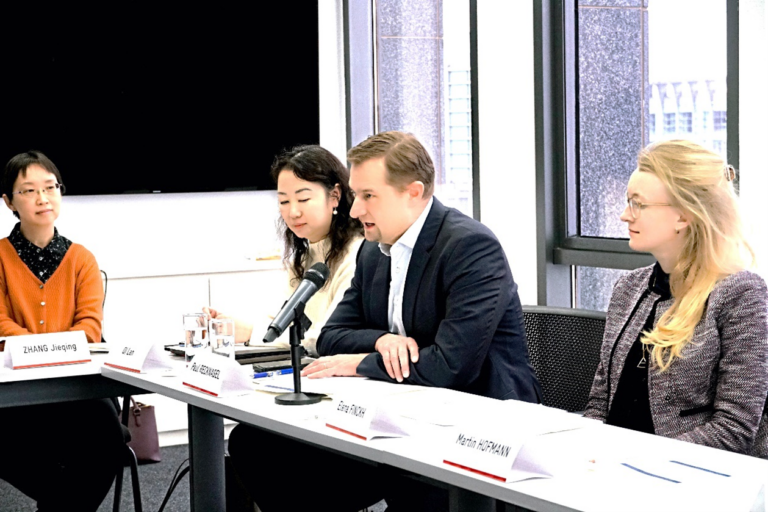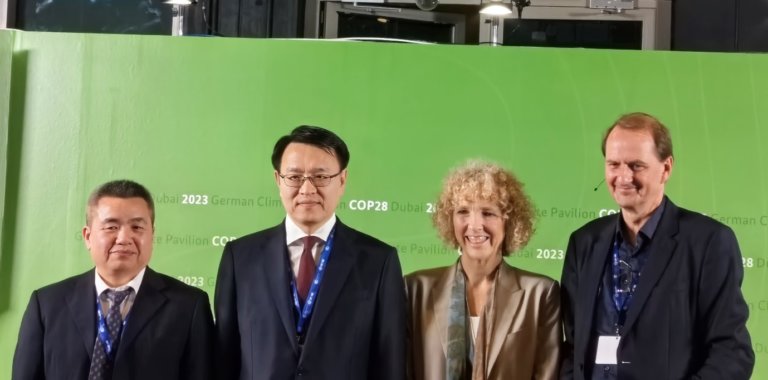
Kicking off the Workshop Series on Sino-German Expert Dialogues on Sustainable Finance
On 14 March 2024, more than 40 Chinese and German experts, practitioners, and policy makers discussed technical approaches on how to make finance flows consistent with a pathway towards low greenhouse gas emissions and climate-resilient development. The high-level participants included financial regulators, commercial and development banks, rating agencies, academia, global initiatives and think tanks





